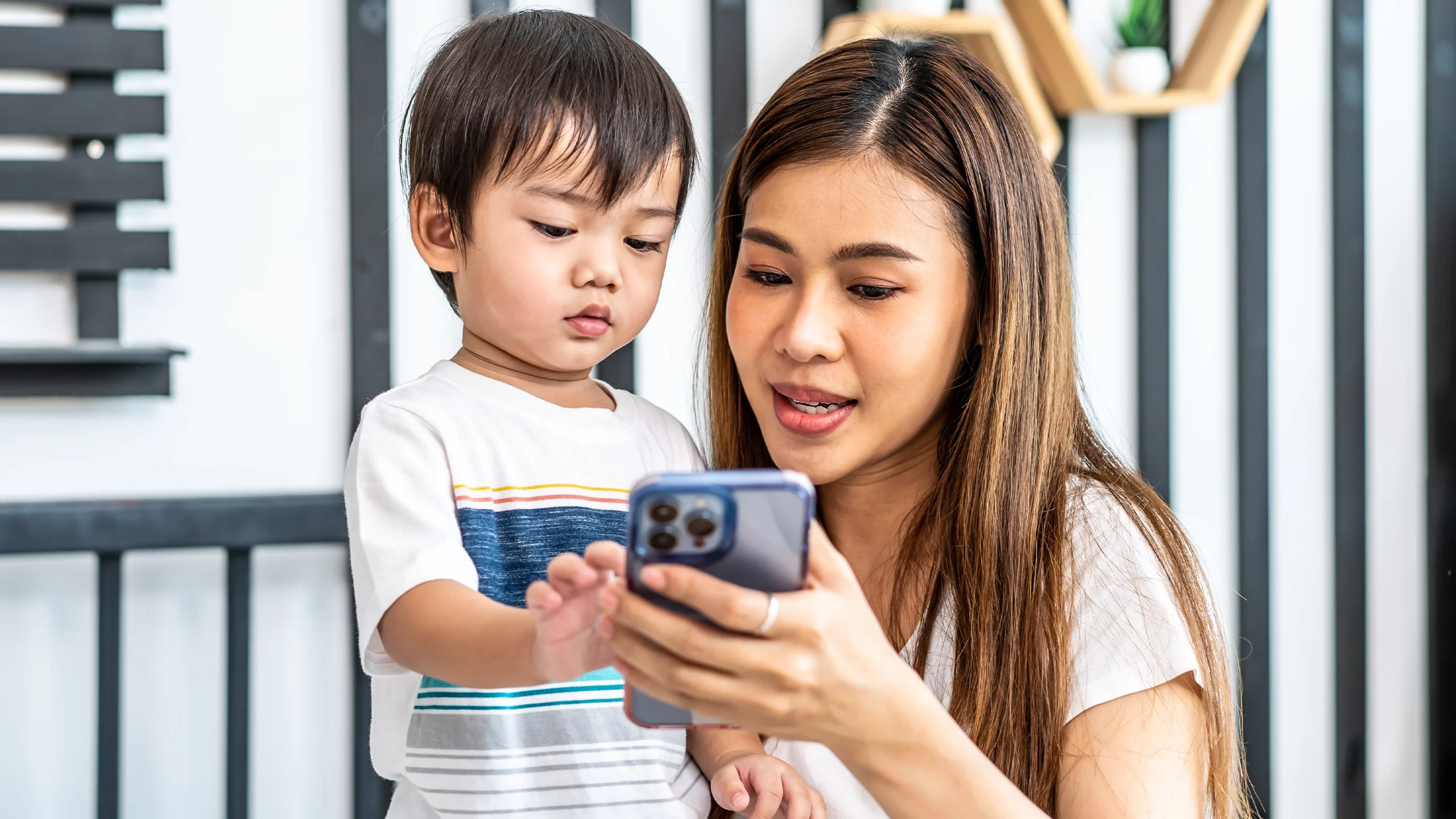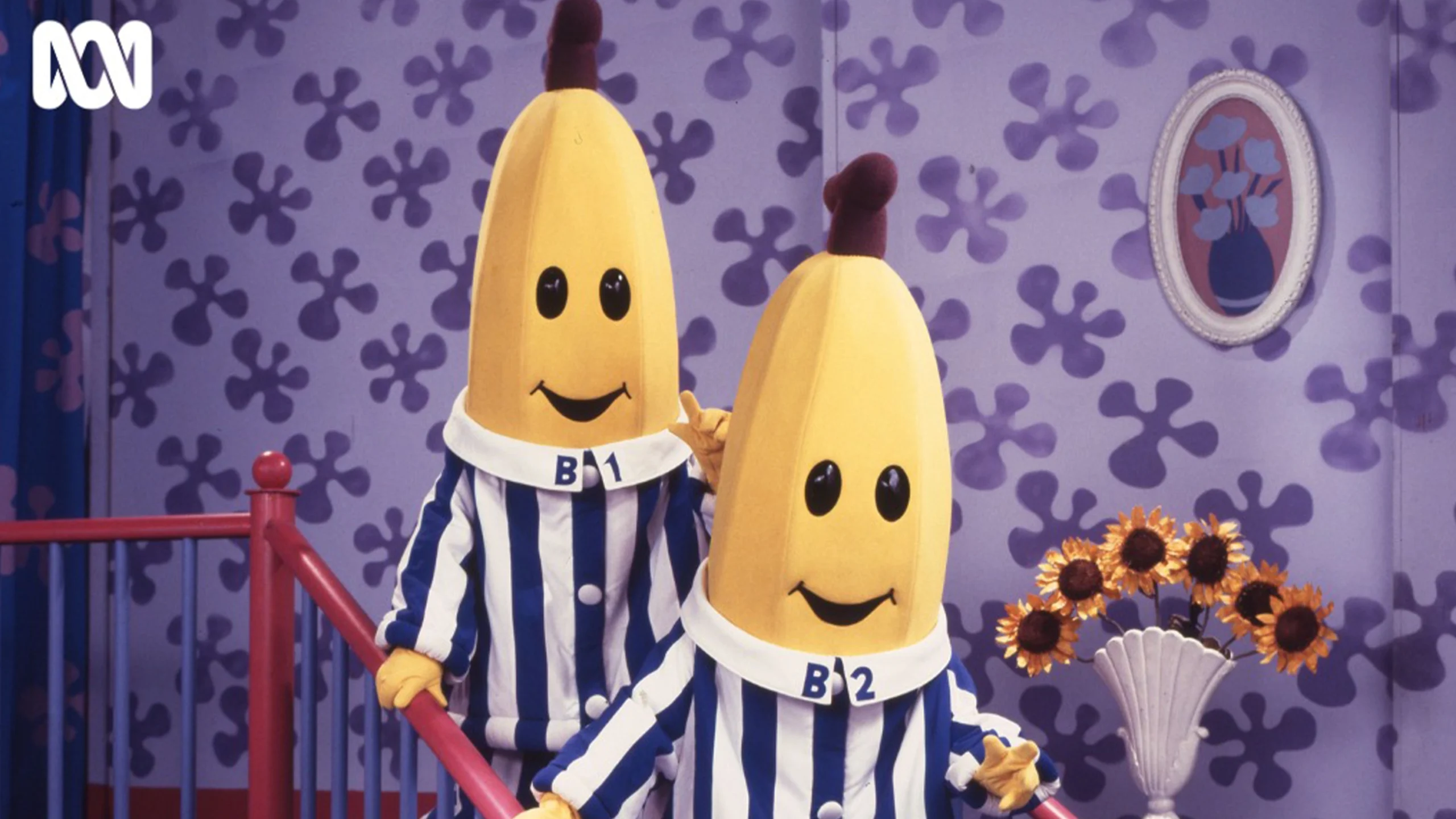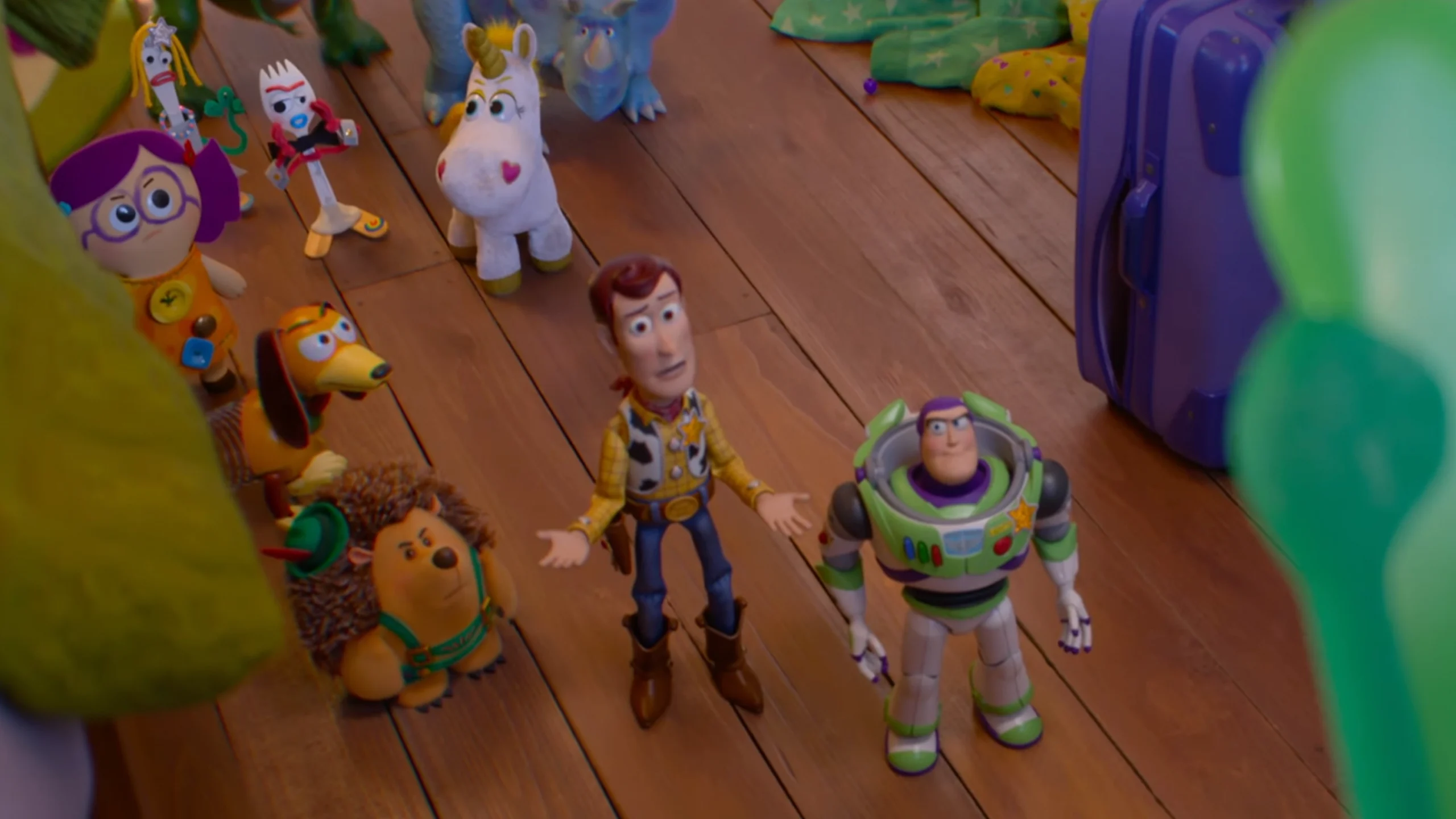When Small Hands Create Big Worlds: How Imaginative Play Shapes Emotional Intelligence
Here’s how imaginative play helps kids develop all kinds of intelligence
From tea parties to superhero rescues, imaginative play does more than entertain. It helps kids develop empathy, resilience, and the emotional tools they’ll carry for life.
There’s magic in the way a child picks up a wooden spoon and declares it a sword, or transforms a blanket into a superhero cape. It may look just like simple fun, but it’s actually a powerful exercise in emotional growth. In a world buzzing with screens and schedules, imaginative play gives children the space to explore emotions, problem-solve, and build empathy — one pretend adventure at a time.
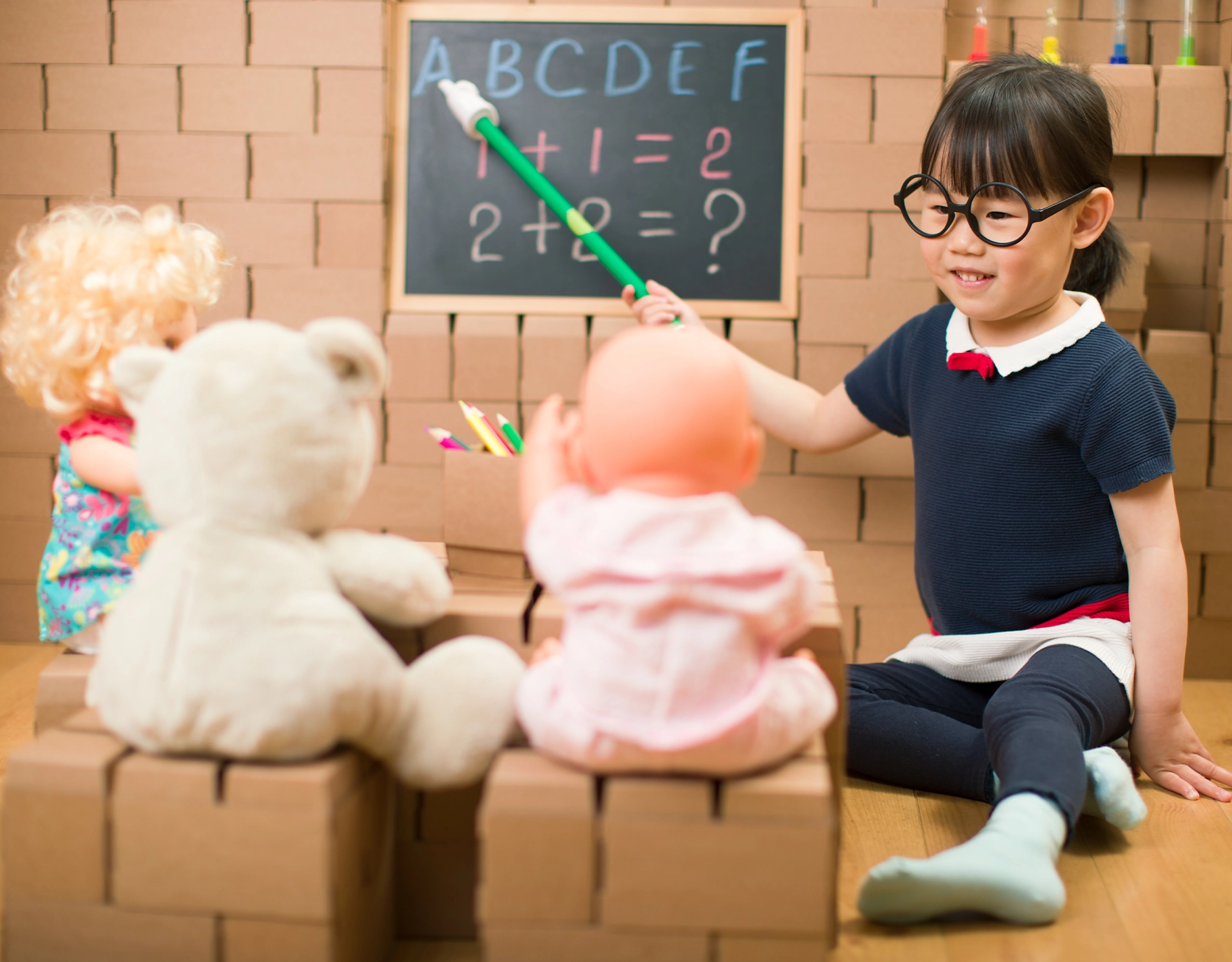
Here’s how letting your child’s imagination run wild can help shape their emotional intelligence and strengthen their inner world.
1. Pretend Play Builds Empathy
When your kids plays “doctor” or “teacher,” they’re doing more than mimicking adults — they’re stepping into someone else’s shoes. Role play helps them understand perspectives, practice compassion, and learn how their actions affect others. These small, pretend moments sow the seeds of empathy that bloom into kindness later on.
Don’t be shy in joining their play. Pick a role. That’s a memory the kids will remember for the rest of their lives. Who knows? It might even take the stress off work and make parenting a whole lot easier.
2. It’s a Safe Space to Explore Big Feelings
Children often don’t have the words to explain what they feel. But through play, they can express fear, anger, joy, and love freely. Acting out a scene where a doll feels left out or a superhero feels afraid helps them process emotions in a healthy, non-threatening way.
3. Teamwork and Cooperation Come Naturally in Play
Whether they’re defending a fortress or hosting a make-believe restaurant, kids learn to share ideas, negotiate roles, and collaborate. These early experiences build social skills and teach them that teamwork isn’t about control; it’s about communication and compromise.
4. Creativity Strengthens Problem-Solving and Resilience
When a cardboard box becomes a spaceship, or a missing Lego becomes a “broken bridge,” your child is learning flexibility and creative problem-solving. Pretend play fosters resilience — it teaches children that setbacks can be solved with imagination, not frustration.
5. Imaginative Play Deepens Parent-Child Bonds
Joining your child’s world of make-believe isn’t just adorable — it’s powerful. When parents take part, kids feel seen, heard, and valued. Shared laughter and storytelling strengthen emotional trust, forming the foundation for open communication later in life.
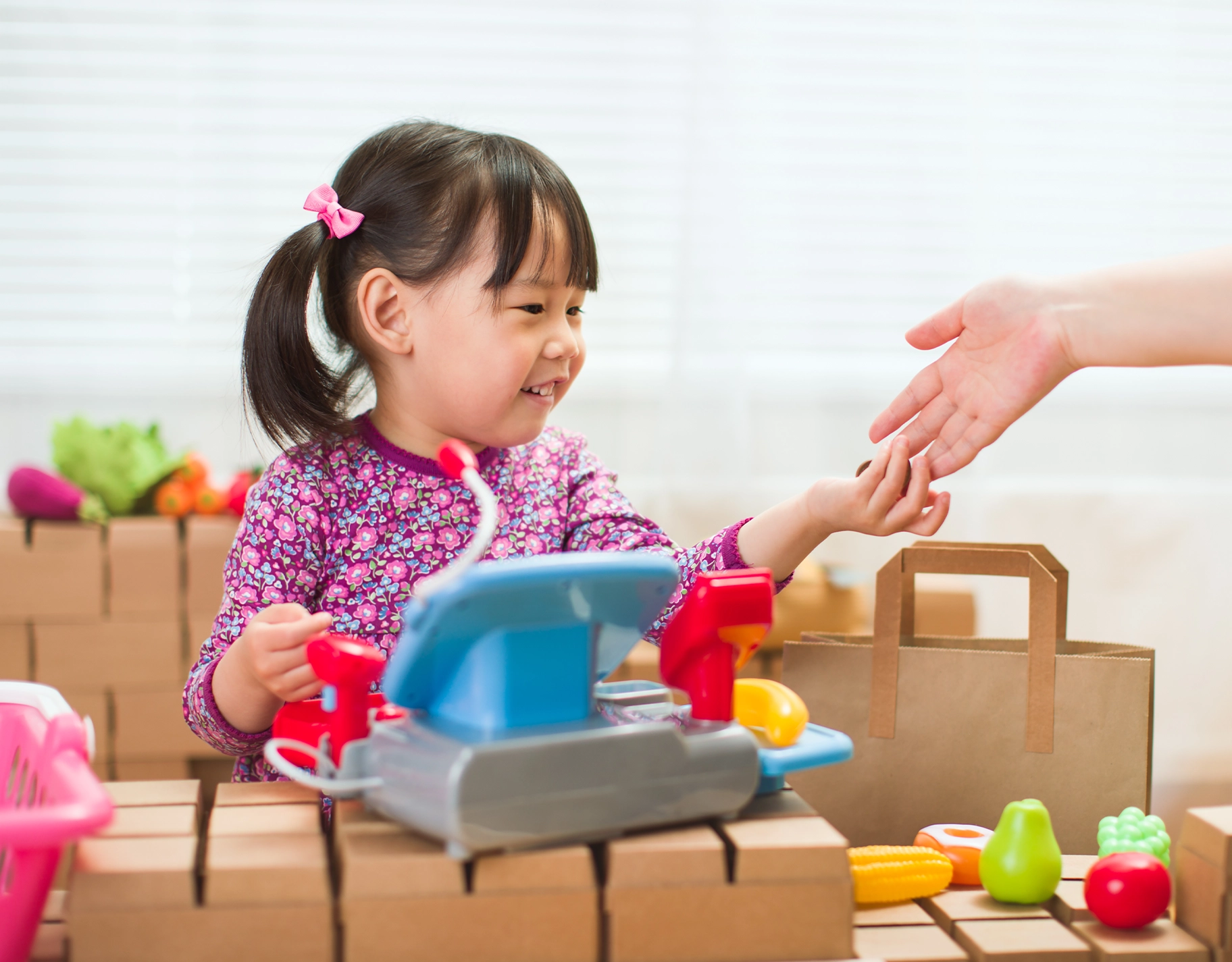
Pretend Play: Let Your Child Lead
As parents, we already control the other things in their lives. Where they go to school, what they eat, what they wear, and what extracurricular activities—while these provide structure, it doesn’t encourage them to think “out of the box.” A lot of kids (and adults) struggle with critical thinking because we’ve insisted on a structure. Rigidity only works when there’s enough wiggle room to explore and develop new methods.
That’s where pretend play comes in. It allows their imagination to grow, to wander, and to find worlds beyond us. So when our kids get into pretend play, join them. Pick a role. Be the villain. The self-righteous hero. Or the hapless sidekick. It may look silly to an adult but these are the memories that our kids will hold onto for a lifetime.
Frequently Asked Questions (FAQs)
Imaginative play (or pretend play) is when children use their creativity to act out roles, stories, or scenarios — from hosting tea parties to battling dragons. It’s more than just fun; it’s how kids make sense of the world. Through make-believe, they practice empathy, problem-solving, and emotional expression — essential building blocks of emotional intelligence.
When a child pretends to be a teacher comforting a student or a superhero saving a friend, they explore what it feels like to be someone else. This helps them identify and name emotions — both their own and others’. It’s emotional rehearsal in disguise, helping kids grow into kinder, more emotionally aware adults.
Absolutely. During group play, children negotiate roles (“You be the chef, I’ll be the customer”) and collaborate to bring their stories to life. They learn to listen, compromise, and respect boundaries — all vital social skills. Teamwork doesn’t come from lectures; it blossoms naturally in the worlds kids build together.
When kids face problems in their pretend worlds — like a missing toy crown or a “collapsed” pillow fort — they find clever ways to fix them. These tiny creative challenges teach flexibility and perseverance. Imaginative play helps kids understand that setbacks aren’t failures, just puzzles waiting for inventive solutions.
The best way? Join in. Let your child lead the story, even if it’s chaotic or completely unrealistic. Be their dragon, their sidekick, or the customer at their make-believe café. Your presence tells them their imagination matters — and that’s how emotional intelligence truly takes root. These moments of shared silliness often become the heartwarming memories children carry into adulthood.
More about children and play?
LIST: Top Video Games Kids Are Playing In 2024
Real Life Counterparts To Roblox Games That Kids Love
Play After the Storm: Why Fun Is Part of Healing







